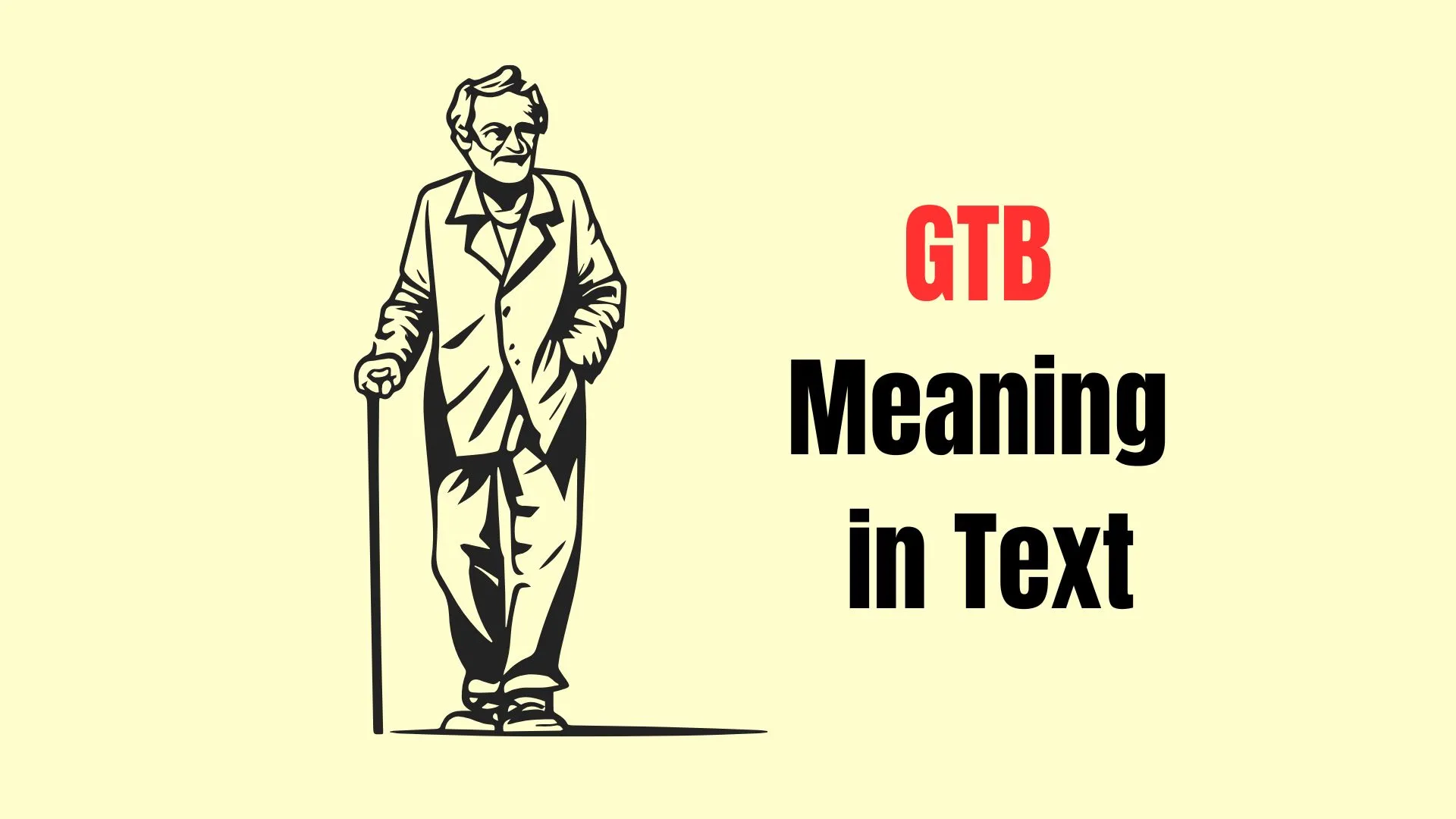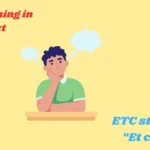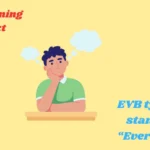If you’ve ever been deep in a late-night chat and suddenly received the mysterious text “GTB,” you might have paused to decode it. In texting and online conversations, GTB is a popular acronym that stands for “Go to Bed.” It’s a quick, playful, or sometimes caring way to remind someone that it’s time to rest.
People search for its meaning because it appears in various contexts—friendly banter, professional messages, or even gentle reminders from loved ones.
Understanding when and how to use GTB is important because tone matters. A lighthearted GTB can sound affectionate, while a poorly timed one might feel abrupt or rude. Below, we’ll break down the meaning of GTB, explore when to use it, and share plenty of polite alternatives for different situations.
What Does GTB Mean in Text?
GTB stands for “Go to Bed.” It’s a shorthand expression commonly used in texting, instant messaging, and social media chats. The phrase is typically sent when someone wants to tell another person to rest—often because it’s late at night or they seem tired.
People use GTB for several reasons:
- Playful teasing: Friends may jokingly tell each other GTB when someone is staying up too late.
- Caring concern: A loved one might send GTB to encourage healthier sleep habits.
- Ending a conversation: It’s sometimes a polite way to wrap up a chat without sounding dismissive.
Like many internet acronyms, GTB saves time and fits perfectly in fast-paced digital communication. Still, the tone of the conversation will determine whether it feels kind or curt.
Why Should You Be Cautious Using GTB?
While GTB is a harmless abbreviation, context and tone matter. Text messages lack facial expressions and vocal cues, which means your intent can be misunderstood. For example, telling a co-worker “GTB” after a long work chat might come across as abrupt. Similarly, sending GTB to someone you don’t know well can feel too casual or even rude.
Additionally, cultural differences and relationship dynamics play a role. In professional or formal settings, it’s often better to use a complete sentence or a softer phrase. Always consider the relationship you share with the recipient before hitting send.
How to Say “Go to Bed” Politely or Professionally
Sometimes you want to encourage someone to rest without using the slang acronym. Here are different ways to convey the same message depending on the situation.
1. Polite Alternatives
- “You should get some rest and recharge for tomorrow.”
- “It’s late, maybe it’s time to call it a night.”
- “Why not wrap things up and sleep early tonight?”
2. Casual Alternatives
- “Time to crash for the night!”
- “Hit the hay, you need it.”
- “You’ve been up forever—bedtime!”
3. Playful or Caring Expressions
- “Dreamland is waiting for you!”
- “Off to snoozeville you go.”
- “Your pillow is missing you.”
These alternatives work well depending on whether you’re chatting with a close friend, a colleague, or a loved one.
GTB in Context: Why Tone Matters
💬 Scenario 1: A Friend Seems Drained
If a friend is clearly exhausted after a long day, a gentle GTB text can feel like a sign of care. Adding an emoji or a sweet note makes it even warmer: “GTB 😴—you deserve rest!”
💬 Scenario 2: Chatting with a Co-worker Late at Night
During a late-night project discussion, it’s more appropriate to use a full sentence: “It’s getting late, let’s pause and continue tomorrow.” This keeps things professional.
💬 Scenario 3: Partner Staying Up Late Studying
For a partner burning the midnight oil, a playful yet caring message works: “GTB, genius! The books will still be there in the morning.”
In each scenario, your choice of words sets the mood and reflects your relationship with the person.
15 Professional, Polite, or Thoughtful Replies Instead of “GTB”
- “You’ve worked hard—go ahead and get some much-deserved rest.”
- “It’s getting late, let’s both catch some sleep and pick this up tomorrow.”
- “Your body and brain will thank you if you rest now.”
- “Sounds like sleep is calling your name—don’t ignore it.”
- “No shame in resting early. You’ve earned it.”
- “Rest up and we’ll talk tomorrow, fresh and focused.”
- “Let’s pause for now—you need your energy.”
- “Wishing you a restful night. Sleep well!”
- “It’s time to put that phone down and dream a little.”
- “I’ll let you go rest now. Good night!”
- “Late-night wisdom is rare—go sleep before decisions get wild.”
- “Get some rest so tomorrow feels easier.”
- “You deserve a break—catch some Z’s.”
- “Good night, and may tomorrow bring clarity.”
- “Time to recharge; you’ll thank yourself in the morning.”
These options show care and professionalism without relying on shorthand.
When Not to Use GTB
Avoid GTB in formal emails, business chats, or when texting someone you don’t know well. It might seem dismissive or overly familiar. Similarly, when someone is discussing serious matters, a casual “GTB” can appear insensitive.
GTB and Internet Culture
GTB is part of the fast-evolving world of text slang, similar to terms like GTS (Go to Sleep) or IDRC (I Don’t Really Care). These acronyms reflect how people value speed and brevity in digital communication. However, as with any slang, knowing when and how to use it makes all the difference.
FAQs
What does GTB mean on text from a girl?
It usually means “Go to Bed,” often sent with care or playfulness if she thinks you should rest.
What does GTS mean in text?
GTS typically stands for “Go to Sleep,” a very similar phrase to GTB.
What does “we” mean in text slang?
In texting, “we” usually means the normal pronoun for a group; context gives it any special nuance.
What is the meaning of IDRC in text?
IDRC means “I Don’t Really Care,” used to express indifference casually.
Is GTB always friendly?
Not always—it depends on tone and the relationship between sender and receiver.
Can GTB be used in work chats?
It’s better to avoid it and use a more formal sentence instead.
Are there other phrases like GTB?
Yes—phrases like “GTS” or “Time to crash” are common.
Summary: Mastering the “Go to Bed” Message
GTB is a simple acronym that packs a caring nudge into just three letters. Whether you’re teasing a friend, gently reminding a partner, or wrapping up a late-night chat, understanding the right tone and context ensures your message lands as intended. Use GTB sparingly in professional settings and always consider your relationship with the recipient.
Conclusion
In the fast-paced world of texting, GTB—short for “Go to Bed”—is a concise way to remind someone it’s time to rest. But as with any shorthand, tone and context are everything.
Whether you choose to use the acronym or a more thoughtful phrase, make sure your message reflects kindness and respect. Mastering when and how to use GTB will help your texts stay friendly, caring, and clear.




